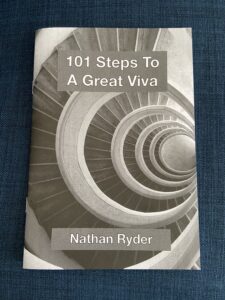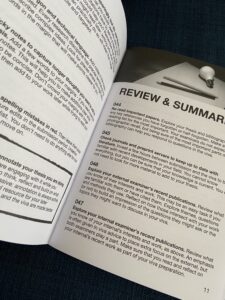My PhD was in an area of pure maths. Maths was the thing I was most interested in for many, many years. Looking back I can remember the day that maths became exciting for me.
It was a long time ago. I was nine, sat in Mr. Dodd’s class, and as a group we were reciting our times tables.
We got to “four times six is twenty-four” and I felt as though I had been struck by lightning. Twice actually, for in a split-second I first realised that four times six was the same as six times four – and then realised that two numbers always give the same result when you multiply them, regardless of what order you arrange them.
It was a small thing, but it felt like I had just found out a special secret. No-one else in my class seemed to care! To me it was magical: I wanted to know more about numbers, more about maths and what it could be used for.
When did you first connect with your research area or topic? Or even just the general field that you work in? What was the moment? Remind yourself. Towards the end of a PhD it’s not uncommon to become tired, stressed or in some way down about everything you’re doing (and everything still to do).
Look for the epiphany in your story. Look for the moments that set you on your path. Remind yourself of why you’re doing this – and perhaps reflect on what has kept you going. Use that to help you through the final stages.

